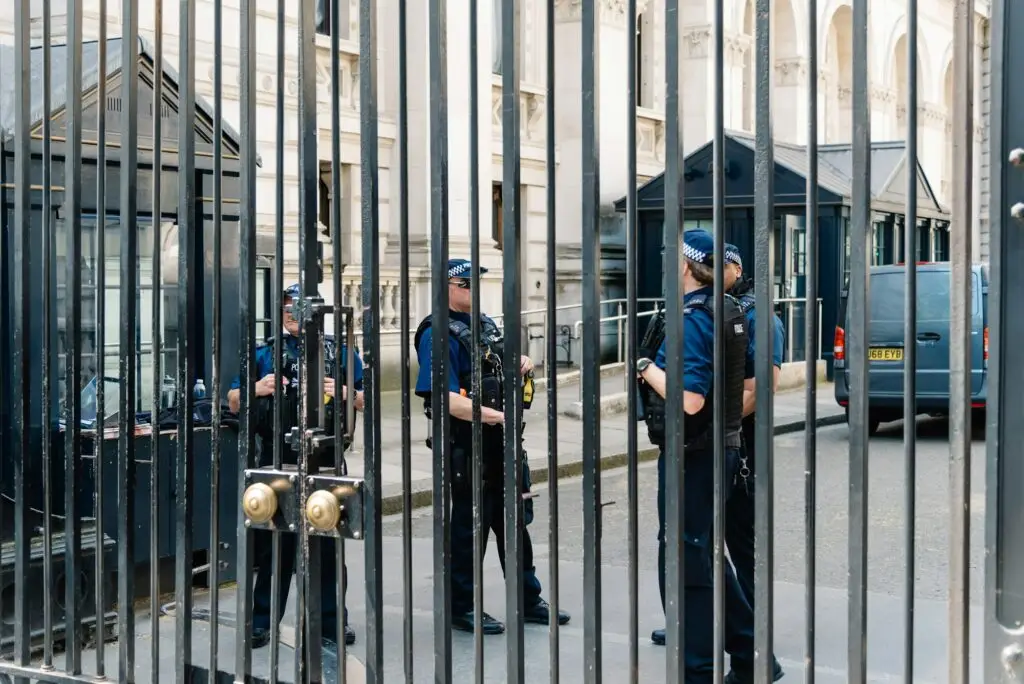
UK. Modern Slavery: How the UK’s Legal System Punishes Victims
Key Takeaways (English):
- Legislative changes in the UK have led to modern slavery victims, including children and foreign nationals, being imprisoned and deported rather than supported.
- The 2022 Nationality and Borders Act has worsened the situation, restricting support for victims sentenced to over 12 months, even when under duress.
- British nationals are also overlooked by a system focused on immigration rather than safeguarding, remaining “off the radar” of authorities.
In 2022, when the UK government shifted modern slavery from a safeguarding issue to one of immigration control, the consequences were disastrous. This change not only disrupted support mechanisms but also worsened the plight of victims, transforming them into criminals in the eyes of the law.
Previously, the UK focused on safeguarding victims of sexual exploitation, leaving criminal exploitation — a more widespread form of slavery — in the shadows. According to data from Open Democracy, British nationals have emerged as the largest group of slavery victims, sharply contrasting with the earlier perception that this was predominantly a migrant issue.
The introduction of the Nationality and Borders Act (NABA) in 2022 has further limited support for victims serving sentences over 12 months, pushing foreign nationals coerced into crimes toward harsh punishments, including deportation and complete lack of social support.
What’s particularly alarming is that children, especially boys under 17, are highly vulnerable to criminal exploitation. Many fall into the brutal “county lines” system, where they are forced to distribute drugs. The stringent immigration laws create a reality where these children lose protection, and their futures are shaped by punitive measures rather than support.
The immigration framework has also harmed British victims, who find themselves off the support radar entirely. The issue is compounded by the absence of a clear coordination system for regional support, leaving many victims, especially British nationals, without assistance.
The grim outcome of these changes includes imprisonment, deportation, and further disorientation for victims, for whom the justice system becomes a new chain. By reducing the issue of modern slavery to a mere immigration threat, government policy fosters a perception of victims not as individuals in need of help but as threats to society.
Source [https://www.opendemocracy.net/en/british-modern-slavery-victims-prison/]
